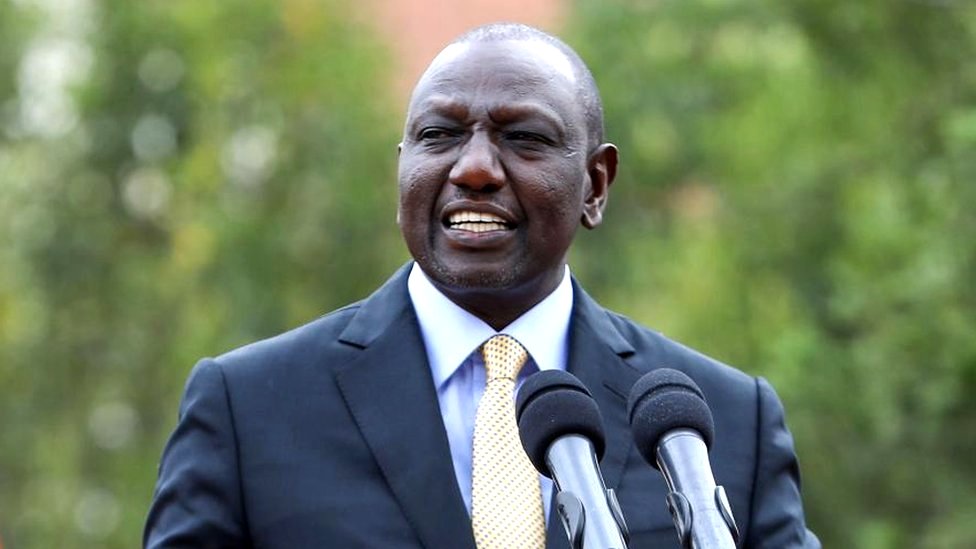President William Ruto has called on church leaders to partner with his administration in addressing Kenya’s persistent youth unemployment challenge. Speaking at State House, Nairobi, during a meeting with members of the Federation of Evangelical and Indigenous Christian Churches of Kenya on Wednesday, the President urged religious leaders to resist inciting the youth and instead contribute to finding lasting solutions.
“Leaders must resist the urge to incite the youth. Instead, we must work together to find lasting solutions to the challenge of unemployment,” Ruto stated.
His remarks follow recent tensions between the government and sections of the clergy, some of whom were seen as sympathetic to the Gen Z-led protests that swept parts of the country earlier this year. The protests were largely driven by young Kenyans demanding action on unemployment, corruption, and governance issues.
President Ruto, however, insisted that his administration is taking bold steps to address joblessness. He highlighted labour export initiatives, noting that over 400,000 young Kenyans have secured employment abroad in the past two years. Domestically, he cited 320,000 youths working under the Affordable Housing Programme and 180,000 engaged in digital jobs through Jitume Labs and the Tatu City Special Economic Zone.
“The establishment of digital hubs in all 1,450 wards is underway to further support digital employment,” he added.
Ruto also touted the historic recruitment of 76,000 teachers, with plans to hire an additional 24,000 by January 2026 marking the largest teacher recruitment drive in the nation’s history.
Beyond employment, Ruto emphasized the government’s ongoing collaboration with the church, recognising its critical role in national development, especially in education and healthcare.
“As a government, we acknowledge the work of the church and we respect the place of worship. I want to assure you that the place of worship will not be undermined,” he affirmed.
The President reiterated his commitment to ensuring that the government continues to engage the church in all areas of its development agenda, reinforcing the message that the country’s future depends on unity and constructive dialogue.

